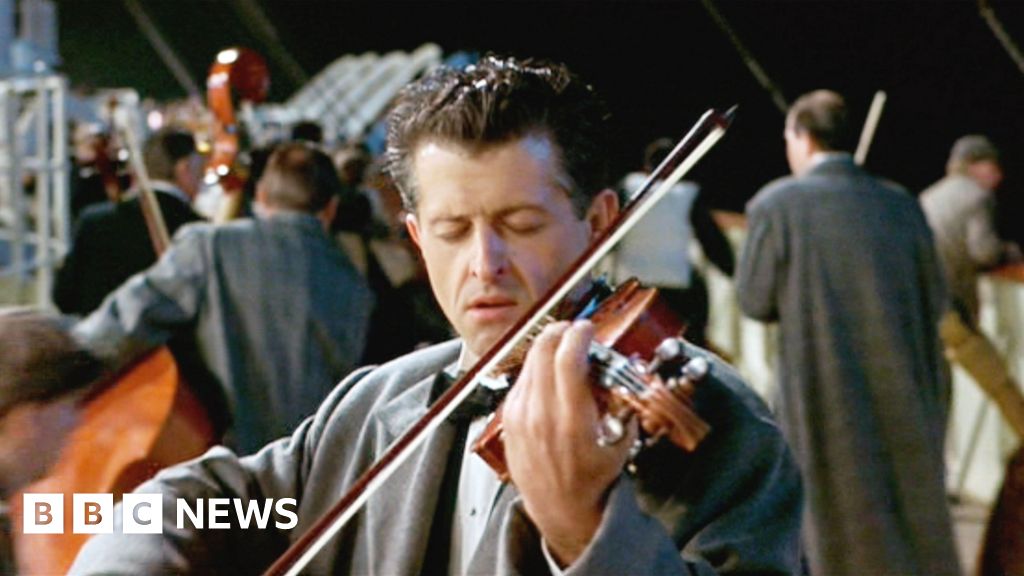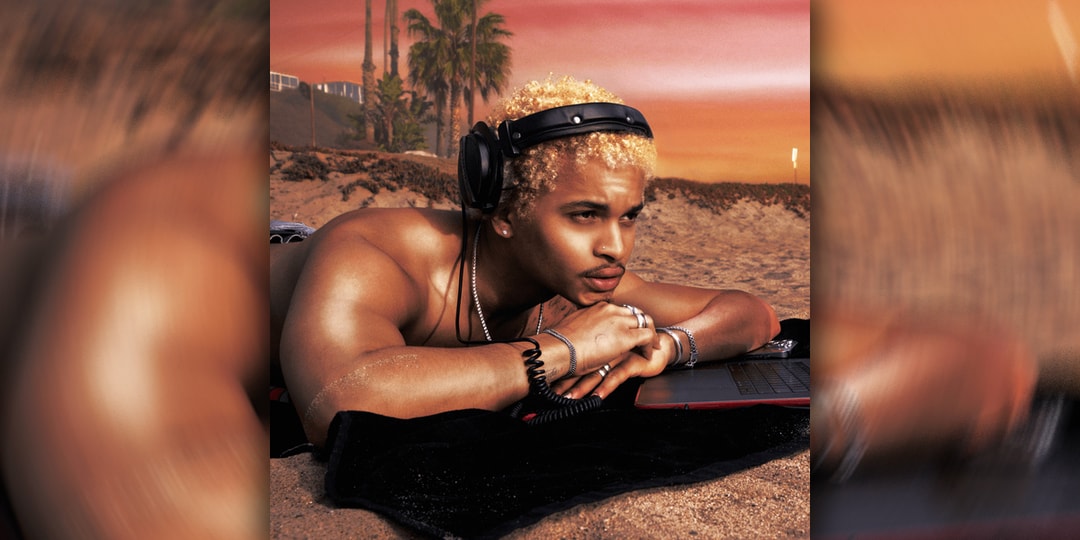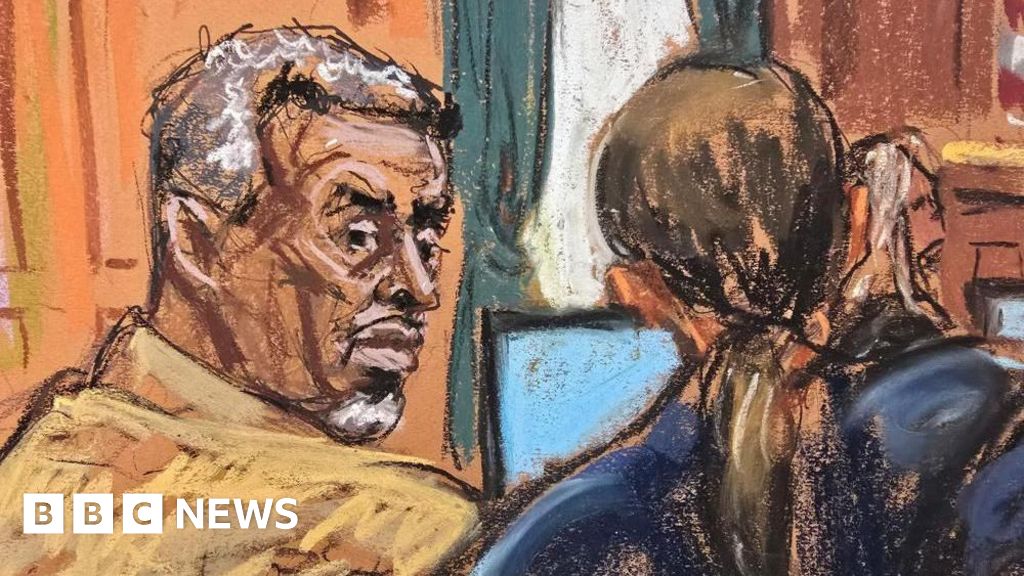Sean 'Diddy' Combs Faces a High-Stakes Sex Trafficking Trial in Manhattan

By Lisa Richwine and Luc Cohen
NEW YORK (Reuters) - Sean "Diddy" Combs, a pivotal figure in the elevation of hip-hop culture in America, is set to face a sex trafficking trial next month that could either irreparably harm his already tarnished reputation or potentially offer him a path to redemption. The trial, taking place in Manhattan federal court, comes with grave implications; at 55 years old, Combs is facing the possibility of life imprisonment if convicted on the charges against him.
As one of the most recognized personalities in the entertainment industry, Combs now finds himself entangled in serious allegations of sexual abuse, joining the ranks of other powerful figures like disgraced movie producer Harvey Weinstein and R&B singer R. Kelly. The #MeToo movement has given a voice to countless victims, encouraging them to come forward with their experiences of abuse and harassment. Prosecutors assert that Combs exploited his wealth and influence to coerce women into unwanted sexual activities and used intimidation tactics to maintain their silence over the years.
Combs has formally pleaded not guilty to five felony counts, which include racketeering conspiracy and sex trafficking. The upcoming trial is expected to last up to two months, and while his legal team has chosen not to comment on this unfolding situation, the stakes couldn't be higher for the music mogul.
Since his arrest in September, Combs has been incarcerated in Brooklyn, a stark contrast to the opulent lifestyles he previously led in Miami and Los Angeles. Interestingly, despite being an hour away by subway from Harlem, the neighborhood where he began his life, Combs has found himself in a far less glamorous predicament.
Combs childhood was marked by challenges; his father passed away when he was just a toddler, leaving him to be raised by a single mother. After pursuing higher education at Howard University for two years, he dropped out to delve into the music industry. His career took off when he worked for Uptown Records in New York before co-founding Bad Boy Records in 1993.
Recognized for his entrepreneurial spirit and showmanship, Combs played a significant role in transforming the careers of several artists, including Mary J. Blige, Faith Evans, Notorious B.I.G. (Biggie Smalls), and Usher, thus broadening the appeal of hip-hop during the 1990s and 2000s. With a lifestyle characterized by luxury, Combs became a sought-after figure in the entertainment realm, often surrounded by celebrities, athletes, and other influencers.
During the late 1990s, he gained notoriety after dating the pop sensation Jennifer Lopez, solidifying their status as one of the entertainment industry's power couples. Author Mark Anthony Neal commented in the Max documentary "The Fall of Diddy" that Combs made hip-hop seem vital and engaging to American culture, drawing widespread interest and participation.
Throughout his career, Combs has received numerous accolades, including three Grammy Awards. Among his most notable works is the emotional tribute to Biggie titled "I'll Be Missing You," which was released in 1997 following Biggie's tragic death in a drive-by shooting. Beyond music, he successfully launched the Sean John clothing line and the Revolt TV cable network, further establishing his brand. He even made his Broadway debut in 2004 with a starring role in "A Raisin in the Sun." However, he has since sold his stake in Revolt, and queries regarding the current status of Sean John remain unanswered by his representatives.
In 2022, Forbes estimated Combs' fortune to have surpassed $1 billion, a testament to his remarkable journey from humble beginnings to becoming a billionaire, which has been viewed as an inspirational narrative for many Black men across the country. That same year, he was honored with a lifetime achievement award at the BET Awards, where he emphasized, "Anything I do is through love." However, the current legal challenges significantly overshadow this legacy.
According to the prosecution, Combs exploited his business empire to orchestrate elaborate sexual performances, described as "Freak Offs," involving male sex workers between 2004 and 2024. Allegations include that he provided women with drugs such as ketamine and ecstasy, while promising financial and career support or romantic relationships. Prosecutors allege that he would watch, and sometimes record these performances for his own gratification, creating a disturbing narrative that paints a picture of a man misusing his power.
Combs' attorney, Marc Agnifilo, refutes these allegations, arguing that the sexual activities in question were consensual. Prosecutors further claim that Combs used clandestine recordings of these encounters as "collateral" to ensure compliance and silence from the women involved, often resorting to threats and intimidation tactics, including displaying weapons.
One of the key witnesses anticipated in the trial is Casandra Ventura, an R&B artist better known as Cassie, who previously had a romantic and professional relationship with Combs. In November 2023, Ventura filed a lawsuit against Combs, accusing him of rape and a pattern of physical abuse, which he denied. Interestingly, just one day after the lawsuit was filed, the two reached a settlement, although the specifics of this agreement have not been disclosed.
In a harrowing turn of events, hotel surveillance footage aired by CNN showed Combs striking and dragging Ventura, prompting him to publicly apologize. Beyond Ventura, numerous other individuals have come forward to file civil lawsuits against Combs, alleging sexual abuse. He has consistently denied all claims against him. As a result, Fortune magazine reported a significant decline in Combs net worth, estimated to have dropped to approximately $400 million by 2024.
(Reporting by Lisa Richwine in Los Angeles and Luc Cohen in New York; Editing by Mary Milliken, Noeleen Walder and Nick Zieminski)


























